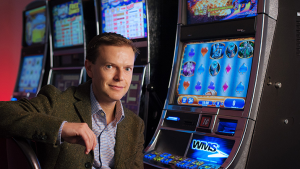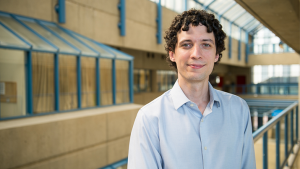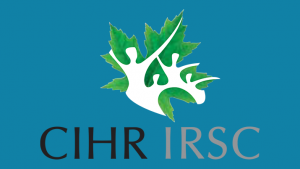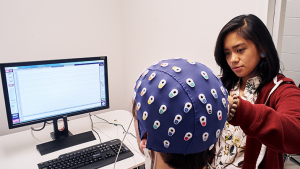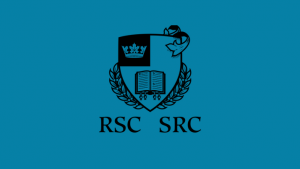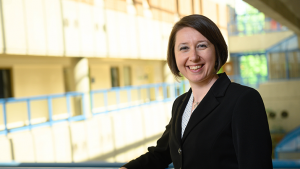Half a billion bets teach UBC algorithm how to identify problem gamblers
Dr. Luke Clark has successfully used machine learning to identify online gamblers whose betting behaviour could indicate a gambling problem.
Dr. Darko Odic named Jacobs Foundation Research Fellow
Dr. Odic will use this support to develop a new research line examining the role of prediction and surprise when children are learning and using formal math abilities.
UBC psychology researchers receive federal funding for research
UBC neuroscientists Liisa Galea and Jason Snyder receive funding from the Canadian Institute of Health Research Project Grant Spring 2020 competition.
Advancing science, addressing health priorities, and improving the health of British Columbian
The Michael Smith Foundation for Health Research (MSFHR) has named UBC health psychologists Eric Kim and Nancy Sin 2020 Scholar award recipients.
Q&A with Dr. Toni Schmader: Closing the gender gap in psychological science
Dr. Toni Schmader is one of 59 authors who published the first gender parity review of psychological science.
UBC Psychology faculty elected into the Royal Society of Canada
Dr. Norenzayan and Dr. Winstanley are among nine UBC faculty members being inducted for their research excellence.
I spy without my eye: Q&A with Jill Dosso about covert attention in human social interactions
Jill Dosso, a PhD student in Neuroscience, is the lead author of a new study, I spy without my eye: Covert attention in human social interactions published in Cognition.
New UBC Psychology study reveals older adults coped with pandemic best
Adults aged 60 and up have fared better emotionally compared to younger adults and middle-aged adults amid the COVID-19 pandemic
Dr. Catherine Rawn appointed Provost Office Fellow in Online Learning
In this role, Dr. Rawn will support UBC-wide efforts to adapt teaching and learning during summer 2020 and through Academic Year 2020/21.
New research shows hearing persists at end of life
Dr. Elizabeth Blundon and Dr. Lawrence Ward have evidence that some people may still be able to hear while in an unresponsive state at the end of their life.
